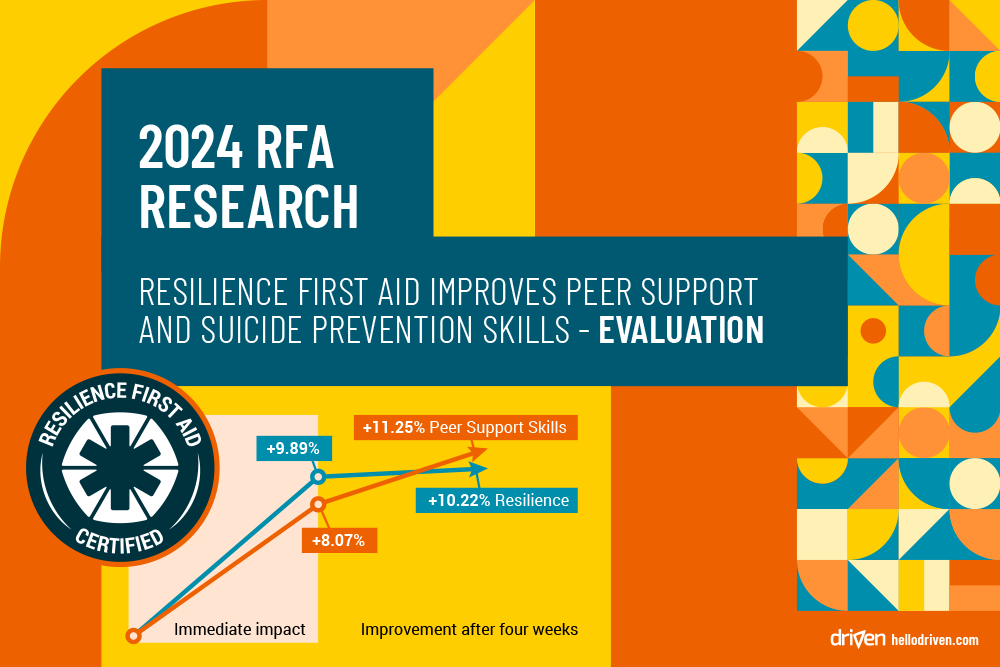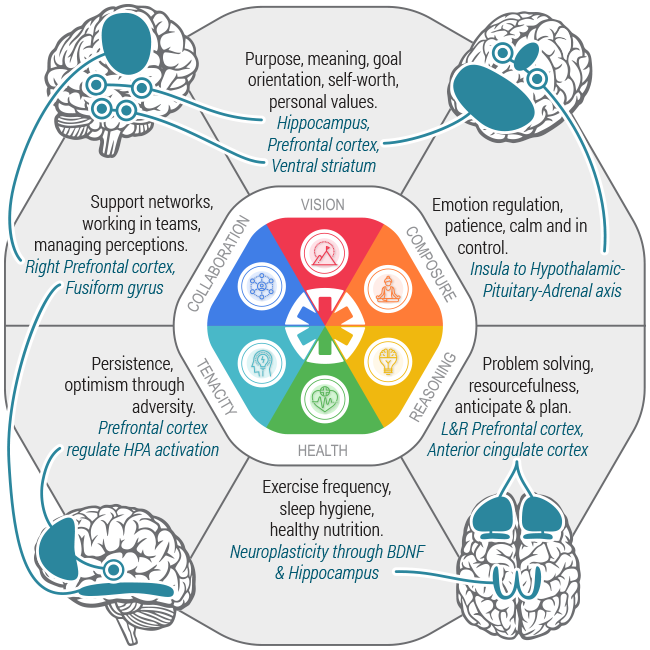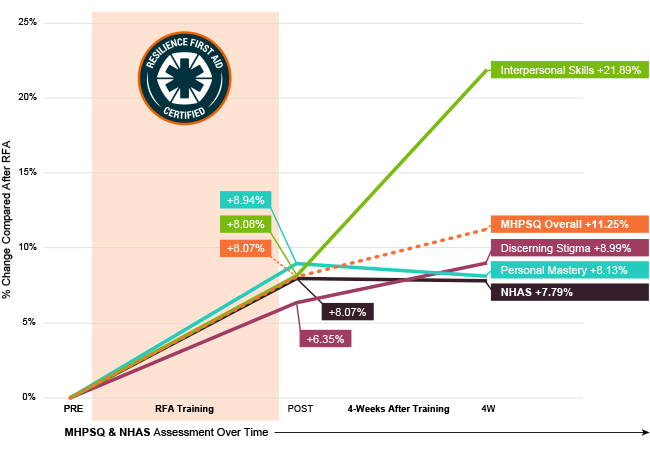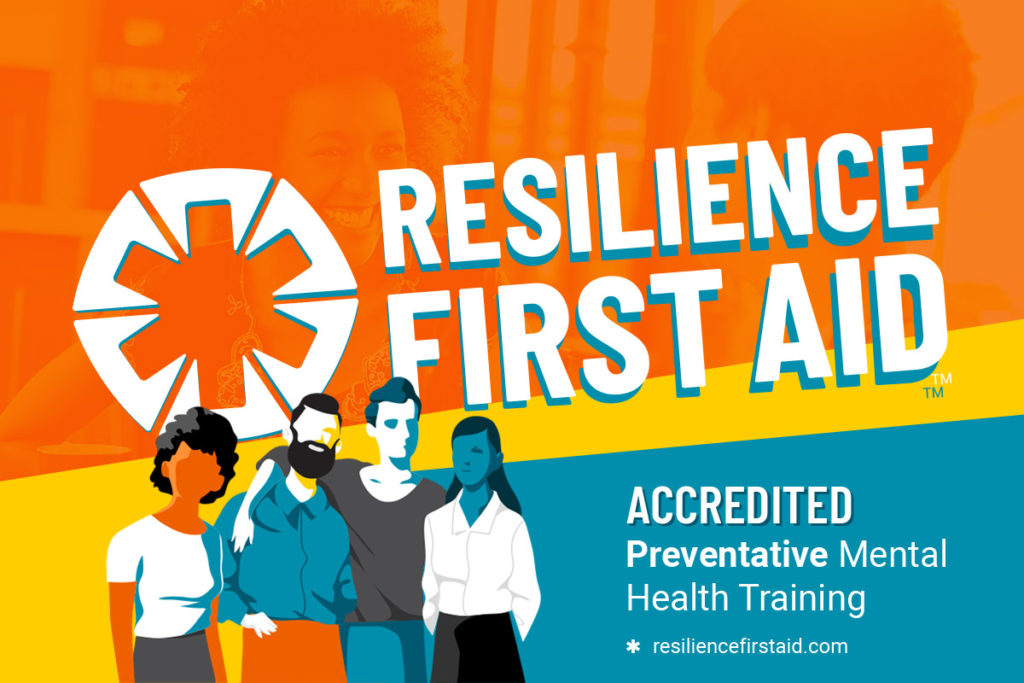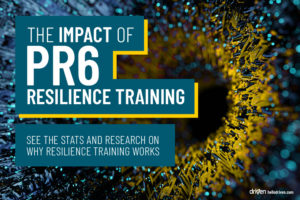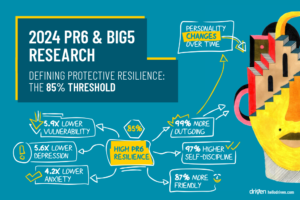Resilience First Aid (RFA) – Open access research paper
In this research paper we discuss Resilience First Aid (RFA) and its development as a primary prevention program designed to enhance peer support skills, aiming to mitigate the escalating global suicide rates through a strength-based approach.
This approach introduces a proactive method to tackle the dire impacts of suicide on society and the economy, focusing on building interpersonal skills and understanding suicide warning signs among peers.
The RFA research paper is now published and available to be downloaded here – driv.ai/rfa-research
How to cite this article: Rossouw, J. G., Ruberto, M. (2024) Resilience First Aid improves peer support and suicide prevention skills: Conceptual design and pilot evaluation. ResearchGate Preprint. DOI: 10.13140/RG.2.2.26008.81920/1
Key takeaways:
1. Primary Prevention Through the Neuroscience of Resilience – RFA builds on the neuroscience-based Predictive 6 Factor Resilience Model (PR6), equipping individuals with the knowledge and skills to support others effectively and recognize signs of distress early. This includes a memorable and practical conversational system called the ALL Protocol, including an effective self-care approach to maintain personal sustainability while supporting others. As a 2-day certification workshop, this pilot evaluation investigates its impact on participants.
2. RFA Increases Resilience and Peer Support Skills – A pilot evaluation study demonstrated that RFA training significantly increases both personal resilience (10.2% increase) and peer support skills (11.3% increase). Improvements were observed immediately following the training and persisted at the 4-week follow-up. The study utilized the PR6 scale, the New Helping Attitude Scale (NHAS), and the Mental Health Peer Support Questionnaire (MHPSQ) to measure changes in resilience and peer support capabilities.
3. Investigation of Impacts – The most substantial improvements were observed in Interpersonal Skills (21.9% increase), Composure (17.2% increase), and Tenacity (14.7% increase) at the 4-week follow-up. Notably, participants’ ability to recognize suicide warning signs improved by 33.3%, highlighting RFA’s potential as a vital tool in suicide prevention efforts. The training also enhanced participants’ capacity to identify and reduce stigma (9.0% increase), further supporting its role in fostering mental wellness within communities.
Image: RFA Training increases resilience skills post workshop, with increase sustained post-workshop.
Image: RFA Training also increases peer support skills, with particular impact on communication skills (Interpersonal skills). This includes reducing stigma, and increasing empathy and altruism.
Image: RFA Training causes a sustained increase in suicide awareness skills, increasing post workshop to 33%.
Resilience First Aid demonstrates significant promise as a proactive approach to building resilience, enhancing peer support skills, and contributing to suicide prevention efforts. Further research with larger and more diverse participant groups is warranted to explore the scalability and long-term impacts of this innovative training program.
Explore Resilience First Aid – driv.ai/rfa
Crisis Support:
Australia – Lifeline: 13 11 14
United States – Lifeline: 988
